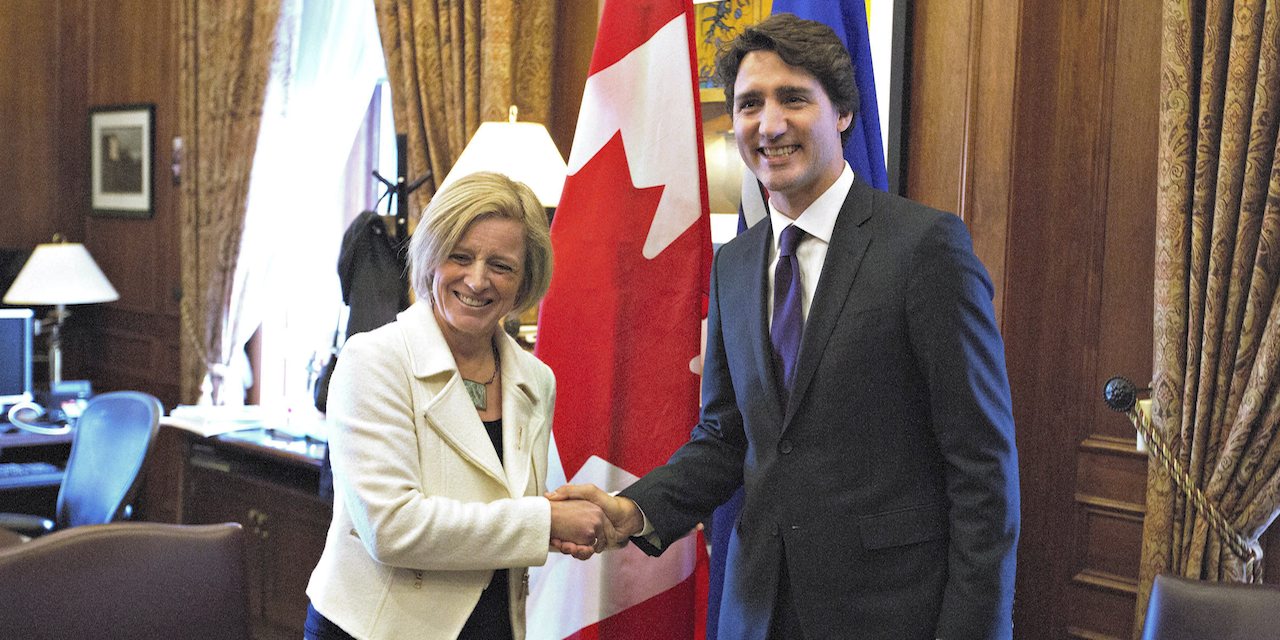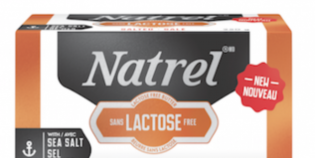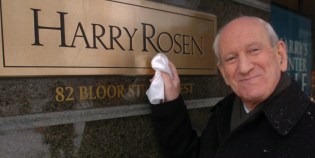Prime Minister Justin Trudeau’s “sunny ways” philosophy has rubbed off on Canadians, with trust in the country’s media, business, government and NGOs at its highest level in five years, according to the 2016 Edelman Trust Barometer.
But while Canadians’ trust in the country’s major institutions has improved, the study found the more affluent and media-active “informed public” is substantially more optimistic than the general public about our institutions’ prospects over the next five years.
(The study defines “informed public” as being 25-64, college-educated, having household income in the top quartile for their age, reading or watching business/news media at least several times a week, and following public policy issues in the news at least several times a week.)
That’s a troubling trend for institutional leaders as the general public now holds far more influence over Canadians’ opinions than the informed public, the study concludes.
The 16th annual international study of the public’s perceptions of major institutions found that 50% of informed Canadians are optimistic about their prospects over the next five years, compared with slightly more than one-third of the general public. This is one of the largest gaps in trust levels seen in the 28 countries in which the study is conducted.
Trust Barometer found Canadians still believe corporate Canada falls short of expectations in terms of being transparent, acting ethically, treating employees well and placing customers above profits.
“There is a significant amount of work that business leaders in Canada need to do in order to overcome the distrust that exists for them,” says Lisa Kimmel, president of Edelman Canada.
Kimmel says Canadian business leaders can learn from Trudeau’s transparent, personable and collaborative qualities.
Corporate concerns
Among the general population, only 28% say CEOs can relate to “people like me,” only 29% say CEOs are fairly paid relative to the workforce and only 42% can name a CEO.
The study also found that while trust in business rose 13 percentage points among the Canadian informed public, it saw only a modest five point increase among the general population.
Last year, only 47% of Canadians reported they trust businesses.
The study also found 66% of Canadians trust traditional media as compared with search engines (58%), online-only media (50%) and social media (31%).
Kimmel says traditional media continues to reign supreme in Canada, unlike in other countries where search engines come out on top as most trusted for credible news and information.
Almost 60% of Canadians turn to social media for news and information, and “friends and family” are the most trusted voices to Canadians on social media channels. However, Canadians rank social media lowest among the different types of media with respect to how much they actually trust it.
All forms of media except social media saw an increase in trust since last year, with traditional media continuing to hold the highest level of trust
“The obvious question then to ask is why, as a brand, as a company, should I be engaging in social media? Our view is that people may trust social media less this year because we’re seeing a proliferation of promotional content being disseminated in social media,” Kimmel says. “So, as a brand, you need to be thinking about ensuring that the kind of information that you’re sharing is relevant, helpful and authentic.”
In Canada, Trust Barometer surveyed 1,350 people in the aftermath of the federal election, including 200 in the informed public group. Globally, the survey sampled 33,000 respondents.










